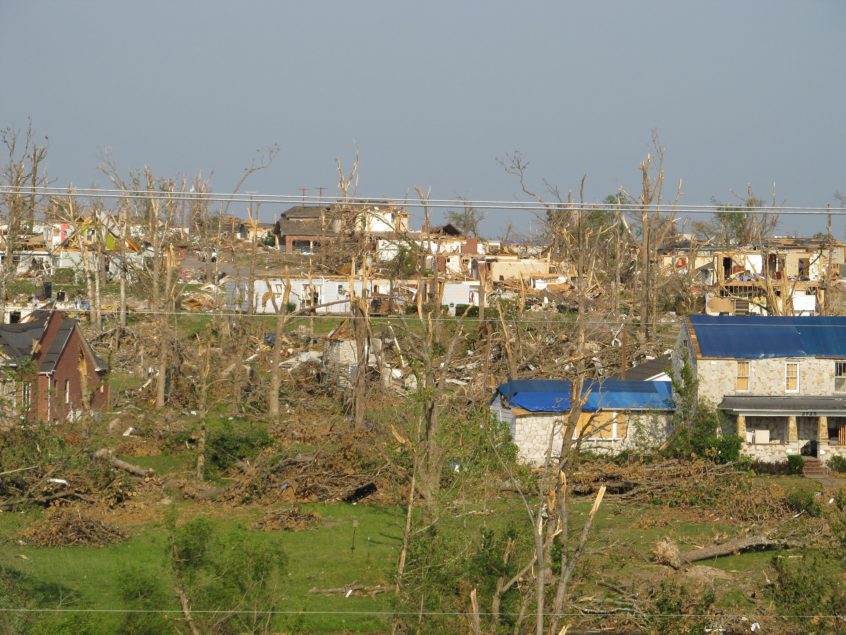Ottawa has seen its share of natural disasters over the last couple of years. From the tornadoes to extensive flooding in 2019 and 2017.
Here are some tips on what to do following a disaster.
SAFETY FIRST
- Get out of harm’s way as soon as possible
- Check your surroundings for downed power lines and move away from any area with the smell of natural gas
- If you are able to return to your home inspect the outside for structural damage. If you are at all concerned about structural integrity do not enter until a qualified inspector has given the ok
- Have a qualified technician reconnect your utilities
CALL YOUR BROKER
- When it is safe to do so, call us as soon as possible. Our brokers will collect the basic information your insurer will need to start the claim. We will also review your coverage limits and deductibles with you.
- If the claim has occurred outside of our office hours you can contact your insurance company’s claims department directly. Their contact information is listed on our Claims Page and in your policy package
- The person listed on the policy documents will need to make the call and have their policy number. If your policy document was lost or destroyed most insurance companies can retrieve your policy information using your name, address, phone number and/or email address. This is one of the reasons why it is so important to inform us when you change your contact information.
PREVENTION & DOCUMENTATION
- Take numerous photos and/or videos of the damage BEFORE temporary repairs begin
- If it is safe to do so try to prevent further damage to your property – use tarps to cover openings in the home and/or contents and board up broken windows as soon as possible
- Start to create a descriptive list of items lost or damaged. In this case more is better
- Keep receipts for cleanup and temporary repair expenses
BEGIN THE REPAIRS
- If you are doing the cleanup yourself make sure to use rubber gloves, a mask, and eye protection
- Throw out any food, including canned, that has come into contact with floodwater or which has been exposed to heat and smoke
- Be cautious when signing repair contracts. Your insurer will likely provide you with a list of preferred contractors to handle specific types of claims

